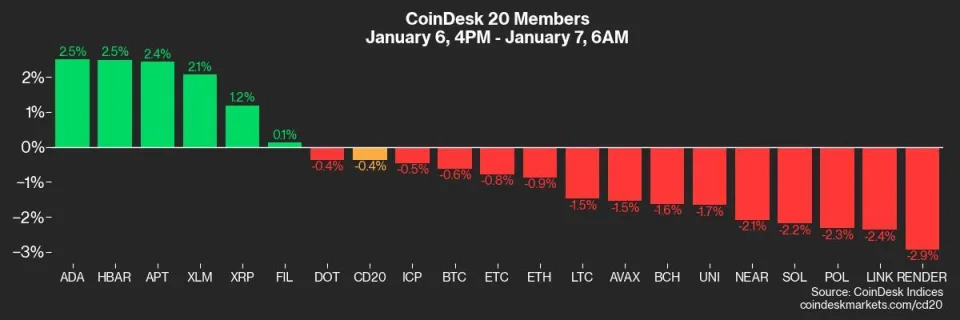A landmark agreement on corporate taxation has been reached by 136 countries, marking a significant step towards a more equitable global tax system. The deal, which includes a minimum rate of 15% for corporations and rules for profit reallocation, is set to raise government incomes by $150 billion annually.
The Deal: A Victory for Global Negotiations
After years of missed deadlines and contentious negotiations, the agreement has been hailed as a victory for global cooperation. The deal builds on a preliminary July agreement, which outlined key aspects of the plan for allocating profits for tax. Pillar Two seeks to create a global minimum corporate tax rate, while Pillar One deals with profit reallocation rules.
The Impact: A Fairer Global Tax System
The agreement is expected to have far-reaching implications for multinational corporations and governments worldwide. By introducing a minimum tax rate, countries will be able to prevent companies from shifting profits to low-tax jurisdictions. The deal also includes rules for profit reallocation, ensuring that companies pay their fair share of taxes.
Exceptions and Implementation
While the agreement marks a significant step towards a more equitable global tax system, there are still challenges ahead. Countries have agreed on exceptions from the minimum tax, including a 5% carveout for income tied to tangible assets and payroll. A 10-year transition period will be implemented during which the carveout will decline.
The Road Ahead: Implementation and Ratification
The OECD is aiming for a multilateral convention next year, with implementation set to take place in 2023. However, some countries may face challenges in implementing the deal, particularly the United States, where Republicans have expressed concerns about surrendering revenues to foreign governments.
France’s Pledge: Abolition of Digital Tax
France has already pledged to make the abolition of its digital tax legally binding at the moment when the new OECD rules come into effect. Finance Minister Bruno Le Maire hailed the agreement as a "tax revolution" that will lead to more justice and efficiency in taxing digital giants.
A Global Shift: Towards a Fairer Tax System
The global corporate tax overhaul is a significant step towards creating a fairer tax system worldwide. As countries work together to implement this deal, we can expect to see a shift towards greater cooperation and a more equitable distribution of taxes. This agreement marks an important milestone in the pursuit of a more just and efficient global economy.
Key Takeaways:
- 136 countries have signed on to the corporate tax overhaul
- The deal includes a minimum rate of 15% for corporations and rules for profit reallocation
- Pillar Two seeks to create a global minimum corporate tax rate, while Pillar One deals with profit reallocation rules
- Exceptions from the minimum tax include a 5% carveout for income tied to tangible assets and payroll
- A 10-year transition period will be implemented during which the carveout will decline
The Future of Global Taxation: A Brighter Outlook
As we move forward with implementing this agreement, it’s clear that the global corporate tax overhaul marks a significant shift towards creating a fairer tax system. With greater cooperation and a more equitable distribution of taxes on the horizon, we can expect to see positive changes in the way multinational corporations operate and pay their taxes worldwide.
Join the Discussion: Share Your Thoughts
What are your thoughts on the global corporate tax overhaul? How do you think this agreement will impact countries and companies worldwide? Share your comments and join the conversation below.



